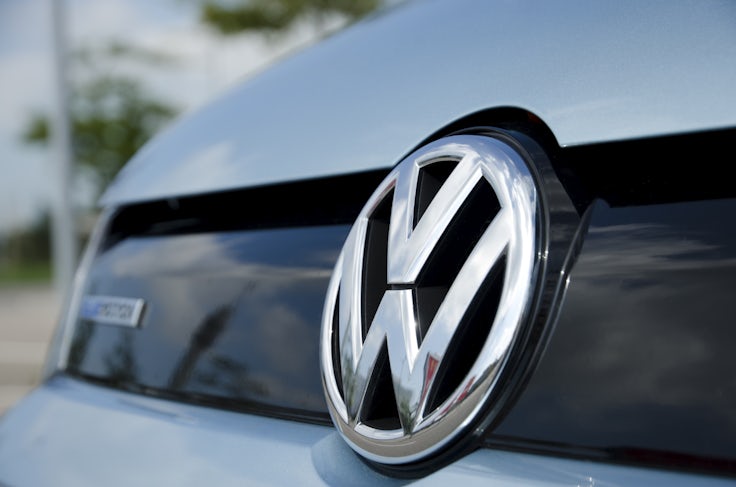Volkswagen culls agency roster by 90% in efficiency drive
The automotive brand says the move will allow it to be managed in a “leaner” and “more centralised” way as it looks to increase its campaign output without having to increase its media budget.

Volkswagen (VW) is cutting the number of agencies it works with by more than 90% – from 40 to three – in an effort to create “maximum efficiency” and become more global in how it communicates with consumers.
Omnicom (Europe and South America), WPP (North America) and Cheil (China) will take control of four new “global powerhouses”, bumping local agencies off the roster as VW looks to boost marketing efficiency by around 30% by 2020 without increasing its €1.5bn (£1.3bn) media budget.
The car marque is planning a five-fold increase in the number of campaigns it runs, which from now on will be developed globally, controlled digitally and “data-driven”. It says these campaigns will be “aligned” to its internal marketing structure.
And in a move aimed at overhauling VW’s marketing and sales structure, up to five million customers will be given a personal ID. This will allow Volkswagen to bypass dealers and communicate with customers more directly.
“The brand is to be managed in a leaner, more centralised way,” says Jurgen Stackmann, one of VW’s board members responsible for sales of the brand.
“With the new partnerships, we will reach an unprecedented level of innovative power in marketing. Thanks to our more focused agency landscape and the expansion of our digital activities, we will become significantly more efficient. The far-reaching transformation of Volkswagen, which will also become evident to our customers next year with the world premiere of our ID, will fundamentally change our marketing.”
Over the next two years, VW is looking to grow its digital share of media to 50% (up from 25% in 2015) and online audience by 70%.
It will also invest €44bn (£39bn) in “future-orientated topics”, in particular artificial intelligence, to ensure all its vehicles are “always on”. The aim is to have its cars effectively act as “smartphones on wheels”, according to VW’s chief marketing officer Jochen Sengpiehl, who was speaking on a press call this afternoon (26 November).
VW has been involved in numerous scandals in recent years – including being fined €1bn for fitting diesel cars with devices designed to circumvent emissions tests, testing fumes on monkeys and having to recall tens of thousands of cars for having a potentially lethal seatbelt fault.
VW is anticipating its operating return on sales to come in at the lower end of this year’s 4-5% target, blaming a combination of costs of preparing its passenger cars for stricter emissions rules, alongside higher distribution expenses and upfront investments.





